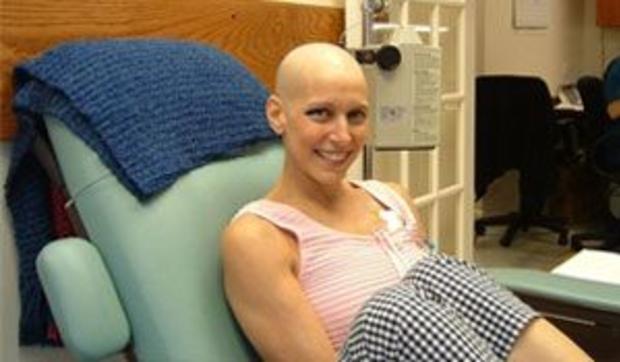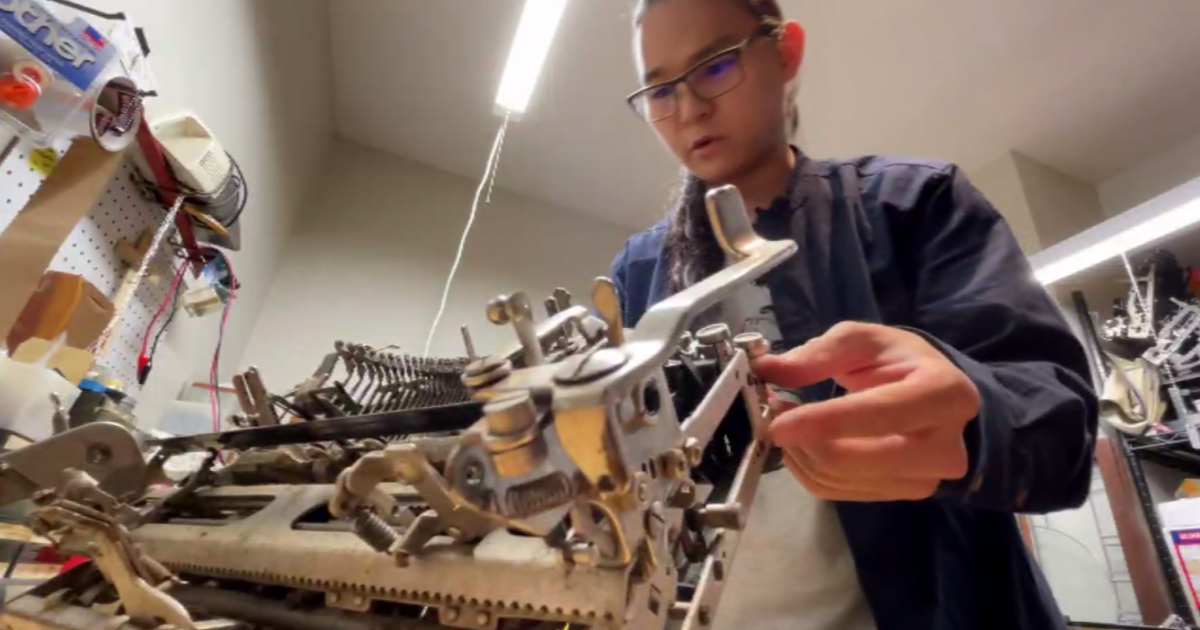Breast Cancer Screening, What Every Woman Should Know
CHICAGO (CBS) -- Forty percent of women have what is called "dense breast tissue," but probably are not aware of it.
"Dense breast tissue is common. When a radiologist reads a mammogram of a women with dense tissue, the film or the picture appears white, but so does cancer, so it's very challenging to see cancer in a dense breast," said Dr. Nancy Capello, Ph.D., Director and Founder of Are You Dense, Inc., and Are You Dense Advocacy, Inc.
"Mammograms miss every other cancer in dense breasts. Half the time, it's missed," she said.
Capello said it happened to her.
"When I was diagnosed with late stage breast cancer, I was shocked, I didn't understand because I just had a normal mammogram. Through this tragedy, I found out I have dense breast tissue. I found out that it's hard for mammograms to see cancer in dense breasts and I found that there are other technologies that you can add to a mammogram like an ultrasound and MRI that can find invasive, the killing kind, cancers that mammograms can't."
Capello had stage-3 breast cancer and had 13 lymph nodes with cancer.
"The day the ultrasound saw it, it was still invisible on mammogram. My doctor happened to feel a thickening and that's why I had this extra test which I normally wouldn't have," she said. "Because of that, I found out that the only person who didn't know about it is the patient."
Research for decades concludes that breast density is a leading cause when mammograms fail to detect cancer, missing up to half of cancers in dense breasts. Women with dense breast tissue may receive normal mammogram reports even if cancer is present because dense tissue can obscure tumors. Research also demonstrates that dense breast tissue is an independent risk factor for breast cancer, surpassing family history, obesity, and later in life childbirth. Currently, there is no national, standardized mandate for health care providers to disclose a patient's dense breast tissue and discuss its impact on missed, delayed and later-stage cancers.
The state of Illinois does not have dense breast tissue notification laws. This means that millions of women are in the dark about their breast health, leading to potentially missed, delayed breast cancer diagnosis. Early detection is the only way for women to have a fighting chance including the possibility less aggressive cancer treatment and greater survival.
"In my home state of Connecticut, I passed legislation so that women when they have their mammograms, can be informed about dense tissue so they can talk to their docs about what's important to them as far as screening," she said.
The law was passed in 2009. Since then, there are now 31 different state laws across the nation.
"Sadly, Illinois is not one of them, but happily we're looking forward to one being introduced in January," Capello said.
"This requires doctors to tell women if they have dense breast tissue and their options," she said. "Illinois actually has one of the best insurance coverage bills for added screening for women with dense breast tissue and an ultrasound coverage bill that even covers the deductable. It's phenomenal. In January, it will also have an MRI bill for women who reach the 20 percent lifetime risk, yet most women don't even know what to ask for because they don't know about their dense tissue and it's impact of the reliability of the mammogram."
Are You Dense, Inc. educates women about dense breast tissue globally, and Are You Dense Advocacy, Inc., through extensive grassroots efforts, works with legislators on laws requiring physicians to relay this important breast health information. National legislation was recently introduced in the House and Senate.
Dr. Cappello is in Chicago speaking at the annual Radiological Society of North America meeting.
"My cancer was probably in my breast for four, five years and went undiagnosed. I don't want that to happen to anymore women," she said.
For more information, visit www.areyoudense.org




